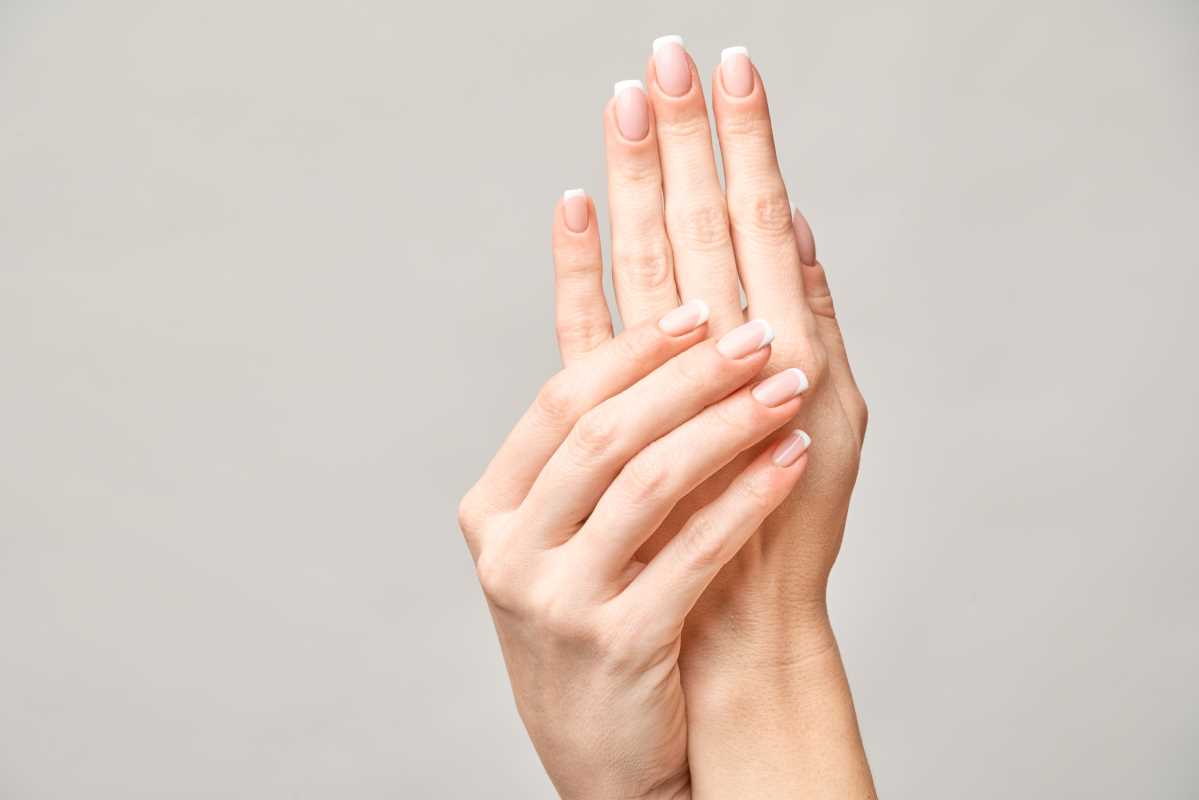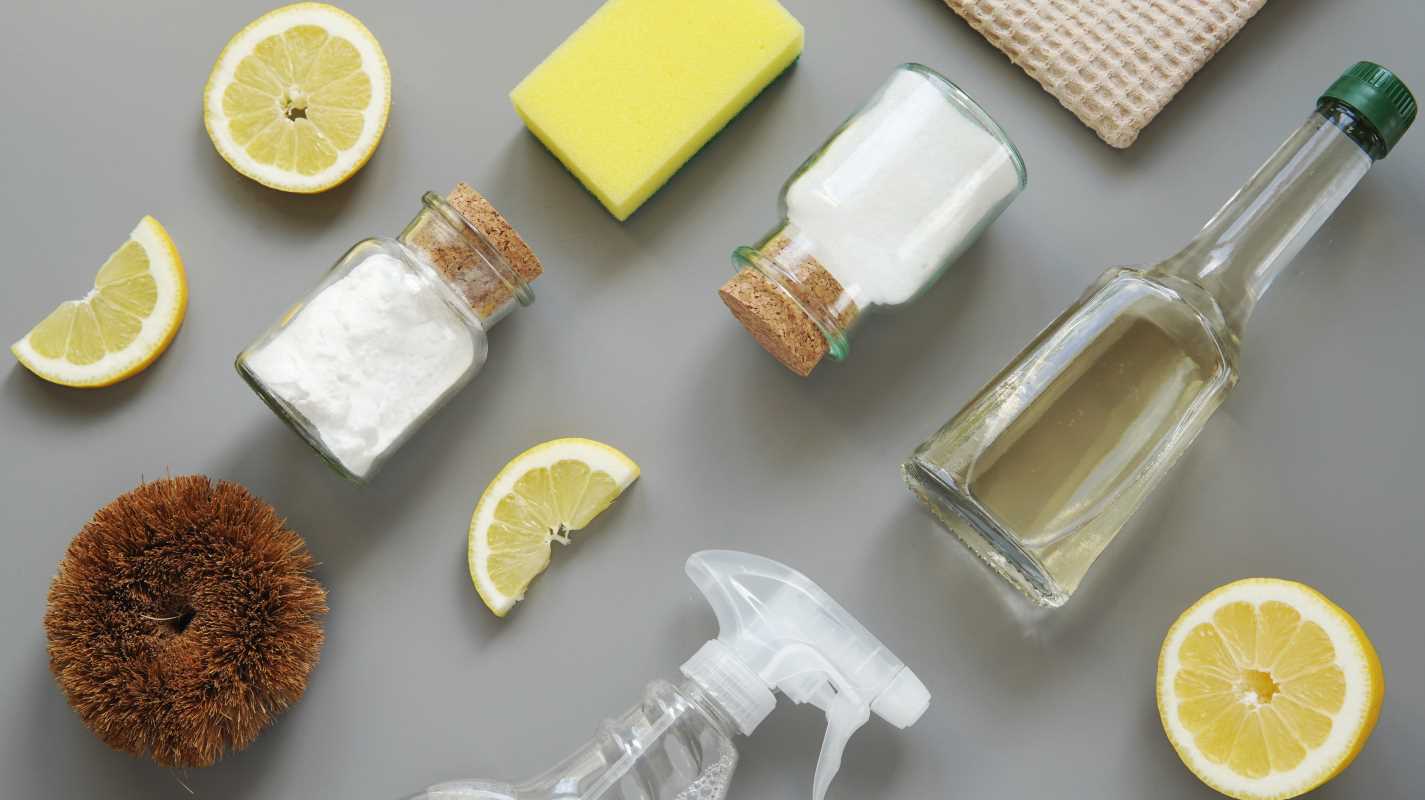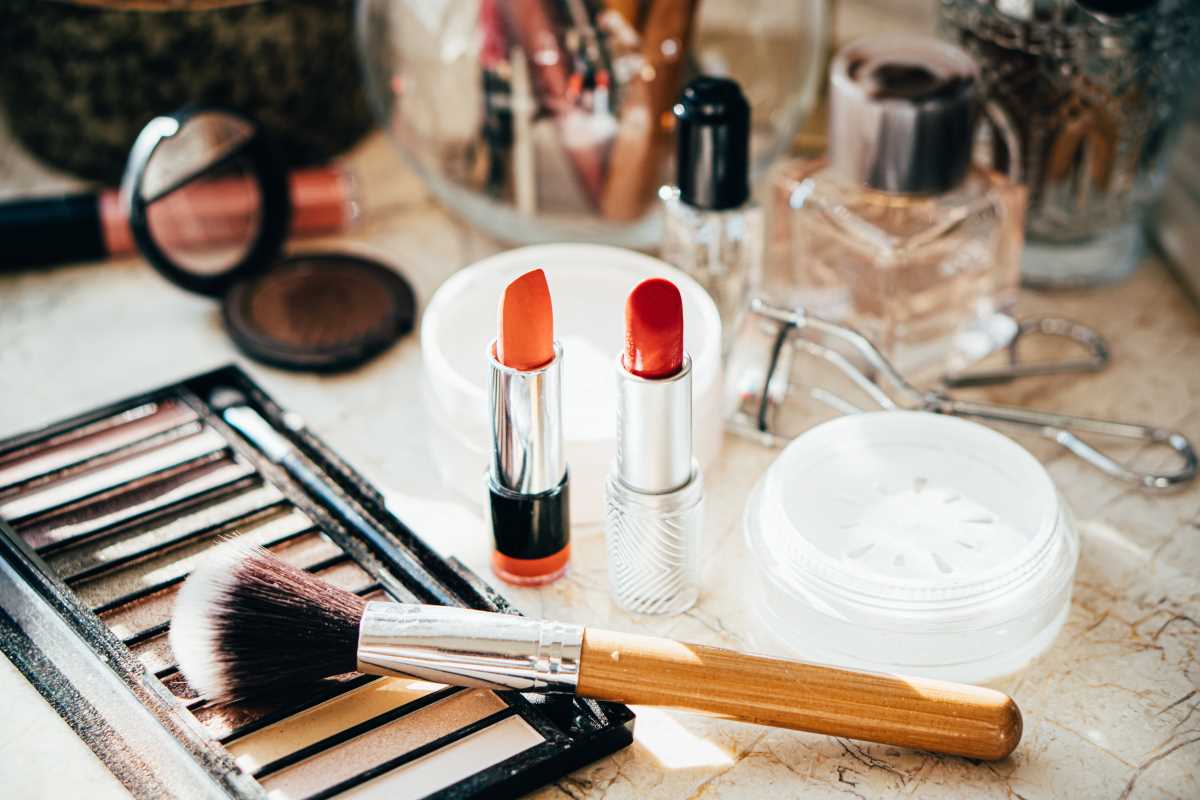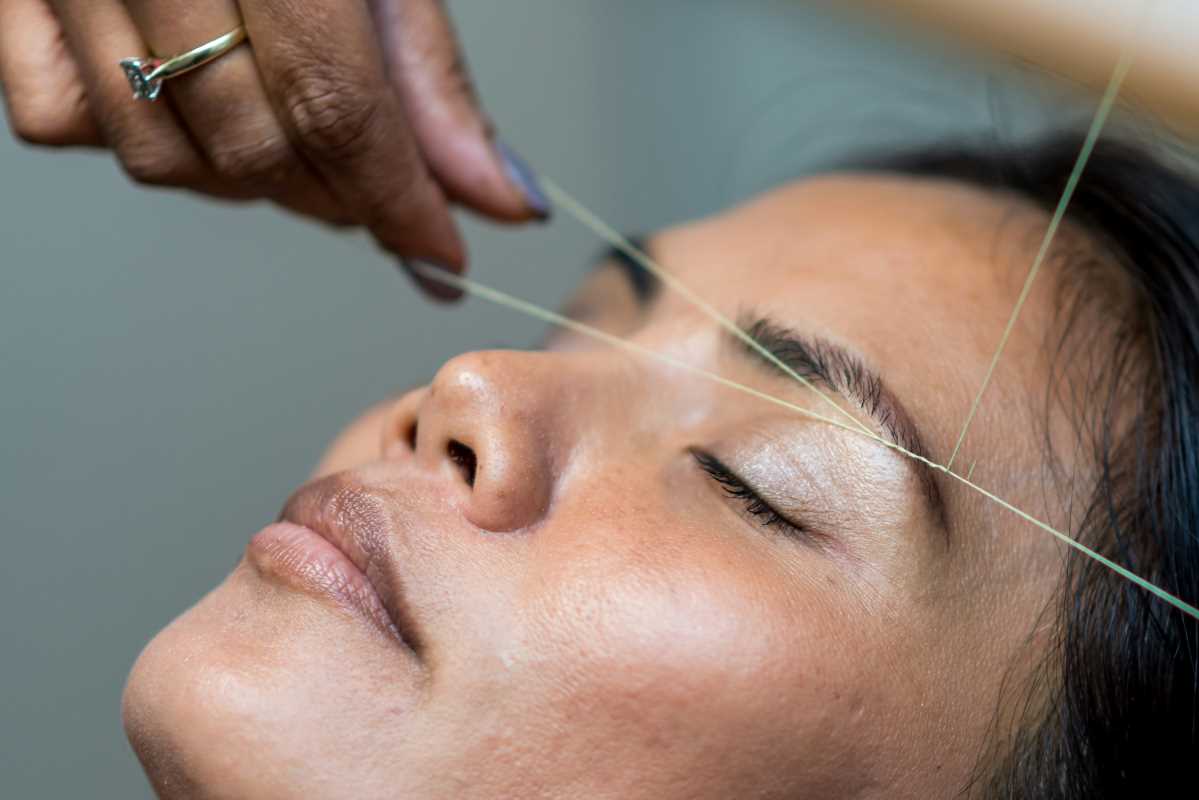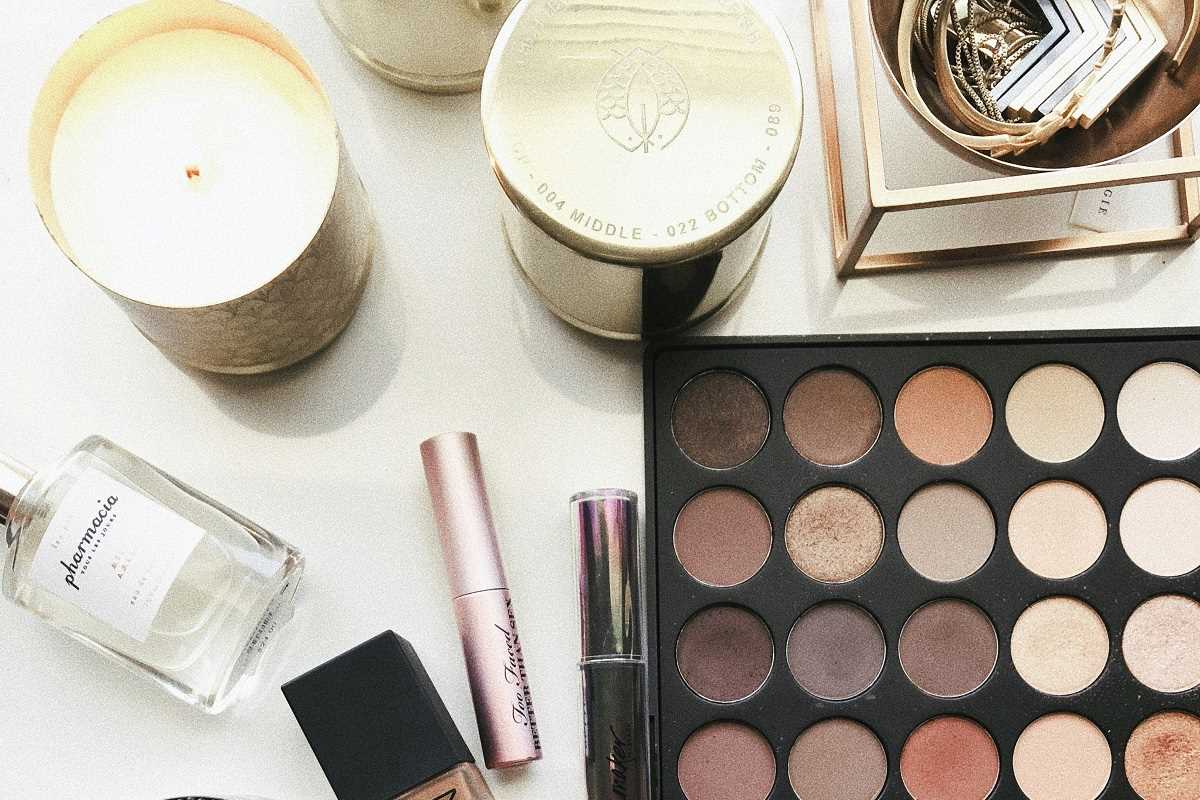Dry, cracked cuticles can be a real pain, but with the right care and attention, you can keep your cuticles healthy and looking great. Cuticles play a vital role in protecting your nails from infection and keeping your fingertips soft and well-groomed. When neglected, however, they can become dry, rough, and prone to splitting.
Here are some essential tips for maintaining healthy cuticles and keeping your hands looking their best.
Regular Moisturizing
Keeping your cuticles hydrated is key to their health. The skin around the nail bed is thin and easily affected by environmental factors like dry air, frequent hand washing, and exposure to chemicals, making regular moisturizing essential.
- Apply a nourishing cuticle oil or cream daily to prevent dryness and cracking.
- For best results, look for products with ingredients like vitamin E, jojoba oil, or shea butter, as these are particularly effective in hydrating and protecting the skin.
To maximize moisture retention, apply cuticle oil or cream before bed to allow the ingredients to work overnight. Many cuticle creams also contain natural oils, like almond or coconut oil, which can create a protective barrier against environmental damage. Another tip is to incorporate your cuticle moisturizing routine into your hand-washing habit; after washing your hands, pat them dry and apply cuticle oil to prevent the skin from drying out.
Gentle Care
Avoid picking or biting your cuticles, as this can cause damage and increase the risk of infection. Picking at cuticles or nibbling on them often creates small tears, which can lead to redness, inflammation, or even painful hangnails.
Rather than resorting to picking, use a wooden or rubber cuticle pusher to gently push back your cuticles after a shower or bath when they are soft and more pliable.
When pushing back your cuticles, be gentle and avoid excessive force. Over-pushing or pushing too far can lead to breakage, bleeding, or weakened cuticles. It’s best to make this a routine step in your nail care regimen, perhaps once a week, to keep your cuticles neat and healthy.
Remember, cuticles are there to protect your nails, so pushing them back too frequently or aggressively can compromise that barrier.
Regular Trimming
While cuticles generally do not require cutting, trimming can be beneficial if you experience excess cuticle growth or develop hangnails.
- Use a sharp, clean cuticle trimmer to carefully trim any excess skin, but be cautious not to cut too close to the nail bed, as this can lead to irritation and infection.
- Only trim areas that are visibly overgrown or causing discomfort, and avoid cutting your cuticles frequently.
- To reduce the risk of infection, always sterilize your cuticle trimmers before and after each use.
If you’re unsure about trimming your own cuticles or prefer a professional touch, consider visiting a nail technician who can trim your cuticles safely and effectively. However, remember that not all nail technicians are trained to handle cuticles properly, so be sure to choose a reputable salon that prioritizes hygiene and proper technique.
Protective Measures
Exposure to harsh chemicals and excessive water can strip away moisture from your skin and nails, leaving your cuticles dry and damaged. Wearing gloves when doing household chores or gardening can shield your hands from potential irritants.
If you’re using cleaning products, gardening in soil, or even doing dishes, gloves act as a barrier, preserving the moisture in your skin and cuticles.
It’s also essential to avoid prolonged exposure to water, as it can weaken the cuticles.
- Soaking in water, particularly hot water, softens cuticles and makes them more vulnerable to damage.
- Try to limit your time in hot water, and pat your hands dry gently after any activity that involves water. Moisturize immediately afterward to lock in hydration.
Healthy Diet
A balanced diet rich in vitamins and nutrients can significantly impact the health of your cuticles and nails. Foods high in biotin, such as eggs, nuts, and avocados, are known to strengthen nails and promote healthy cuticle growth. Vitamin E, found in foods like almonds, sunflower seeds, and spinach, is also essential for maintaining hydrated skin and cuticles.
Zinc, protein, and omega-3 fatty acids also contribute to strong nails and healthy cuticles. For example, fish, lean meats, beans, and whole grains provide essential proteins that encourage the production of keratin, the protein that strengthens both your nails and cuticles.
If you’re prone to brittle nails or dry cuticles, consider discussing vitamin supplements with a healthcare provider to ensure you’re receiving the nutrients necessary for optimal skin health.
Professional Care
If you struggle with persistent cuticle issues or recurring infections, professional care may be necessary.
- A dermatologist or nail technician can assess your specific concerns and offer solutions such as cuticle creams, antibiotics, or other treatments.
- Some dermatologists recommend prescription-strength cuticle creams or treatments that can deeply hydrate and repair cuticles.
Additionally, if you notice symptoms like redness, swelling, or discharge around the nail bed, it’s crucial to seek professional help. These signs may indicate a bacterial or fungal infection that requires medical attention. Ignoring such symptoms could result in more serious problems that impact your nail health in the long run.
Avoiding Harsh Products
Some hand sanitizers, soaps, and cleaning products contain alcohol or other harsh chemicals that can strip your cuticles of their natural oils, leading to dryness and cracking. Whenever possible, choose gentle, hydrating hand soaps or alcohol-free hand sanitizers that contain moisturizing ingredients.
For those who need to sanitize frequently, a nourishing cuticle balm can act as a barrier. Applying a thin layer of balm before using hand sanitizer can protect your cuticles from drying out. Additionally, avoid using nail polish removers with acetone, as they are extremely drying.
Opt for acetone-free removers and follow up with a cuticle moisturizer to counteract any drying effects.
By following these essential tips for maintaining healthy cuticles, you can prevent dryness, cracking, and other common issues, keeping your hands looking and feeling their best. With a little care and attention, you can say goodbye to dry, cracked cuticles and hello to healthy, beautiful nails.
Healthy cuticles not only enhance your nails but also contribute to an overall polished appearance, showing that even the smallest details in self-care can make a noticeable difference.
